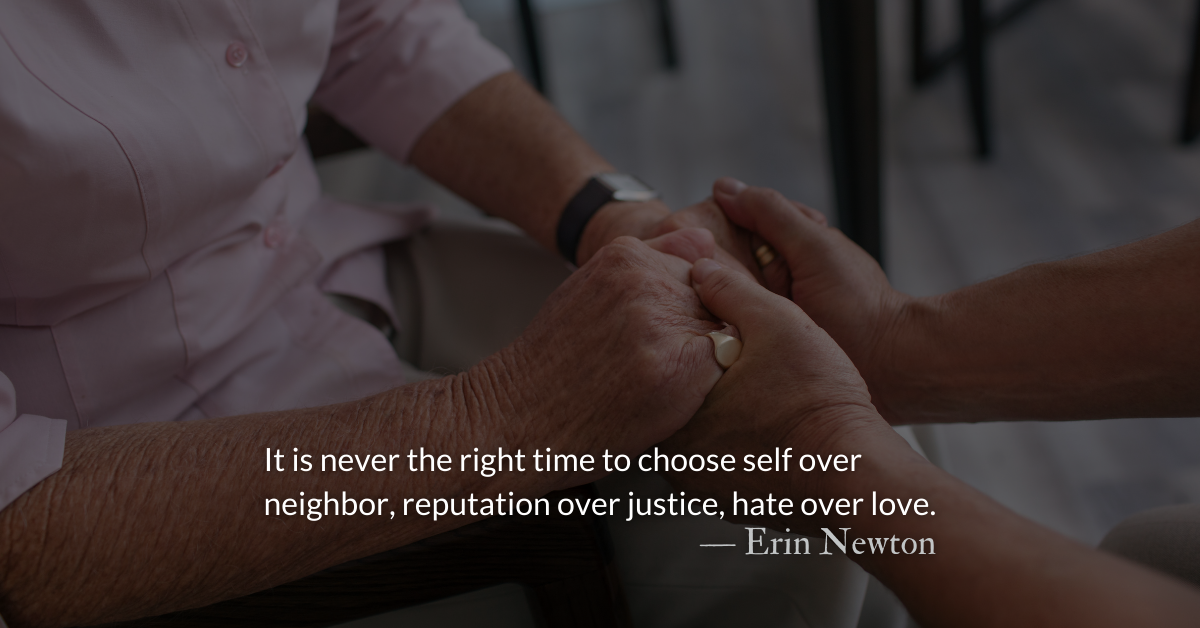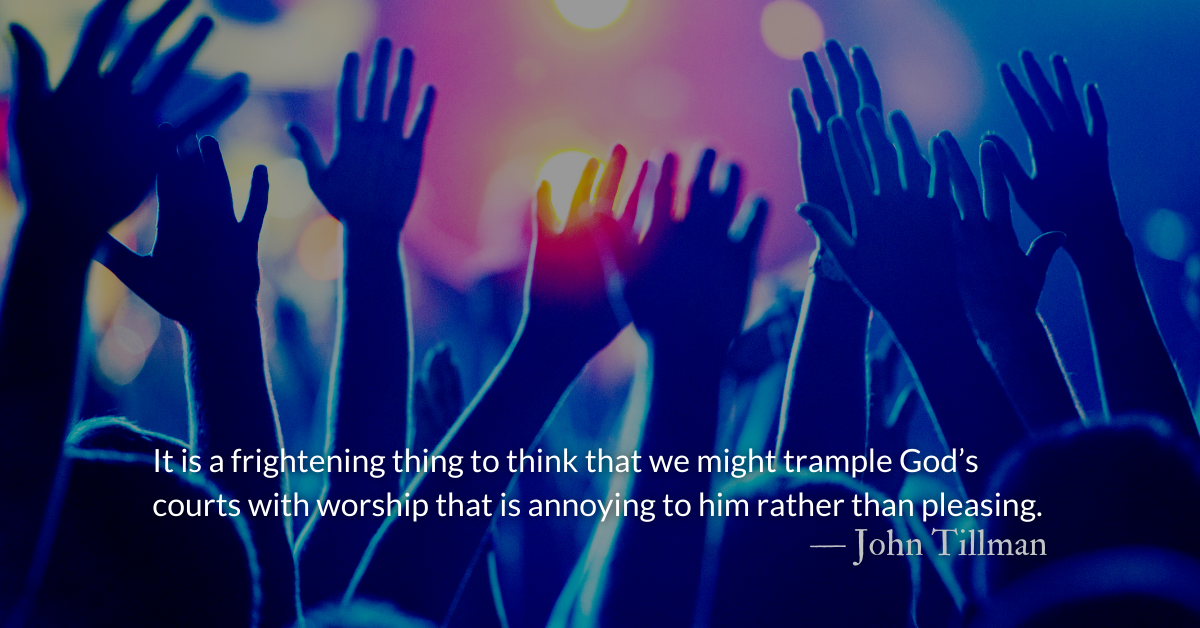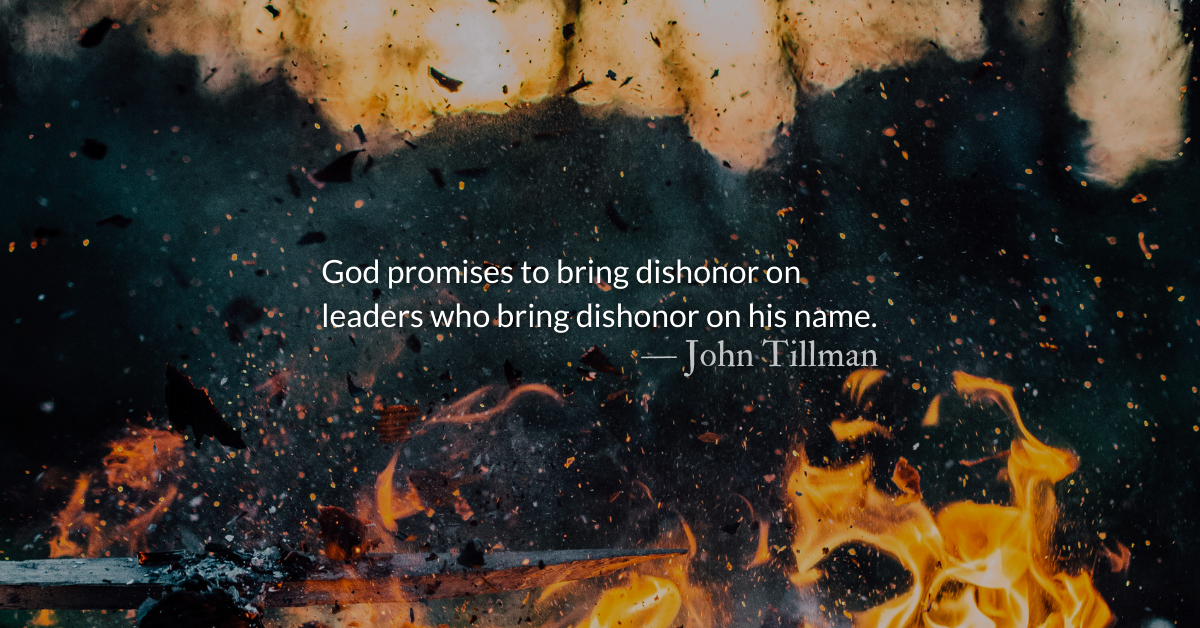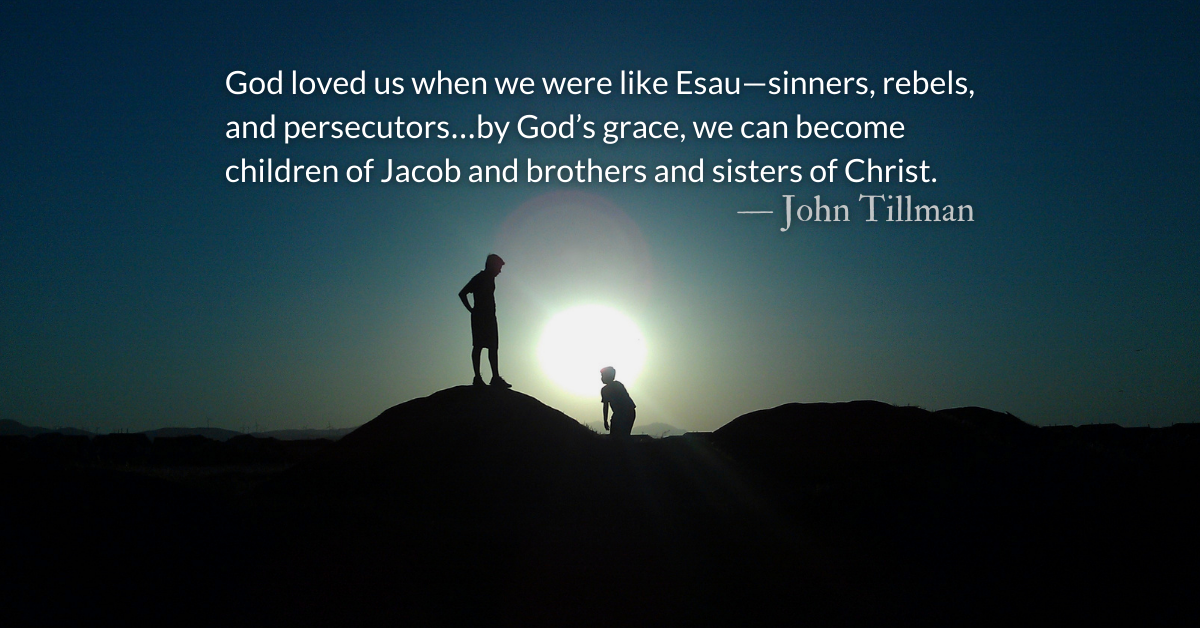Scripture Focus: Isaiah 3.14-15
14 The Lord enters into judgment
against the elders and leaders of his people:
“It is you who have ruined my vineyard;
the plunder from the poor is in your houses.
15 What do you mean by crushing my people
and grinding the faces of the poor?”
declares the Lord, the Lord Almighty.
Reflection: Explain Yourself
By Erin Newton
Summer has started which means exponentially more time with my four kids and their antics.
Not a day goes by where one kid doesn’t do something hurtful, dangerous, illogical, or nonsensical and I ask them, “What in the world were you thinking?” The goal of asking is to help them assess their own motivations and redirect their attitudes.
The prophetic ministry of Isaiah spans multiple decades. We have already read through the minor prophets in chronological order. As we step back in time, it is interesting to note how much of the Old Testament is prophetic material, more than half. This should remind us of the dire necessity that we learn from what the prophets are saying and often repeating.
By now, we should know that Israel was being judged for their injustice, mercilessness, oppressive behaviors, immorality, and apostasy. It is easy to look at the call to love mercy and do justice, thinking “Yes, yes, I know. Let’s move on.” If the prophets repeated themselves for centuries, problems will not be easily remedied.
The question posed by God here is much like the questions I ask my kids. But God is asking as a judge, not as a concerned mother. It is one thing to deter the antics of children, it is another to call to account the misbehavior of adults.
Why are they crushing people with oppression? What reason do they have for grinding the faces of the poor? Really. What inner desire is being fed?
We sit at the feet of God who asks us these same questions. We have the same greed, pride, arrogance, self-righteousness, hate, and selfishness as Israel did.
Why can’t we live with less so the poor can be fed?
Why can’t we face a little humiliation so victims of sexual abuse can be heard?
Why can’t we avoid dehumanizing language that causes those far from Christ to question his love?
Why can’t we quiet ourselves so the oppressed can express their pain and frustration?
Why can’t we open our doors so the hurt can find safety?
Read Isaiah with the intent to examine your life and make practical changes. The call to live like Christ means giving ourselves away be it renouncing pride, possessions, or our lives. It is never the right time to choose self over neighbor, reputation over justice, hate over love.
Divine Hours Prayer: A Reading
Jesus said: “As long as the day lasts we must carry out the work of the one who sent me; the night will soon be here when no one can work. As long as I am in the world I am the light of the world.” — John 9.4-5
Today’s Readings
Isaiah 3-4 (Listen – 4:34)
Matthew 18 (Listen – 4:25)
Read more about The House God Desires
God accepts the immature like children and leads toward growth and maturity those who will listen.
Read more about Chastened Towards Freedom
“The chastening of a child of God does not have a penal aspect…if we judge ourselves, we are not chastened.” — Francis Schaeffer











